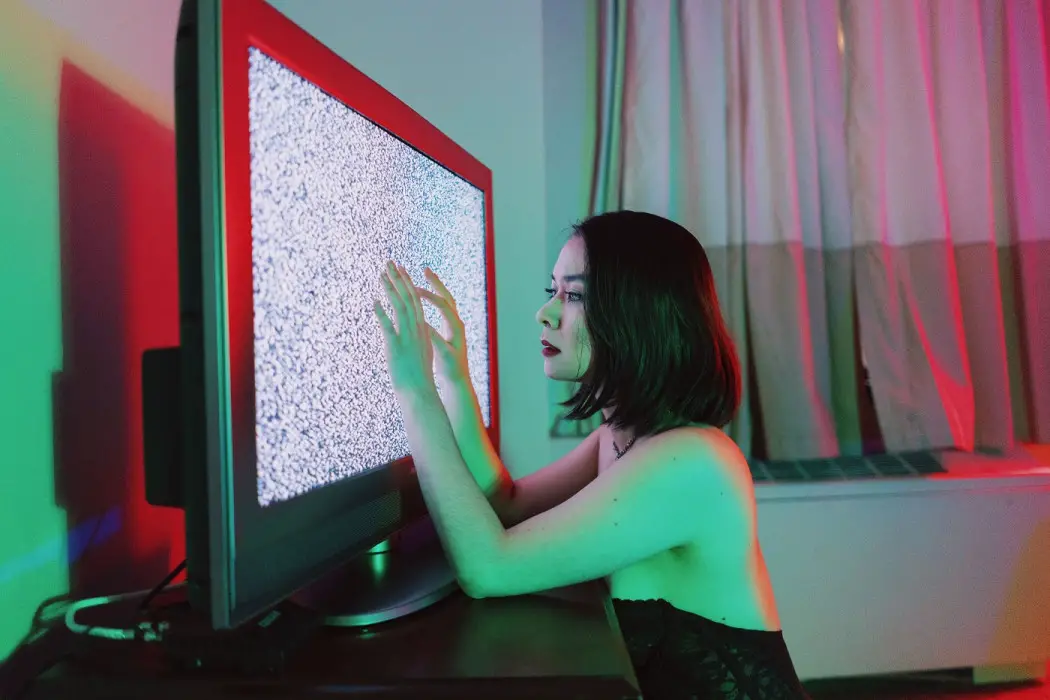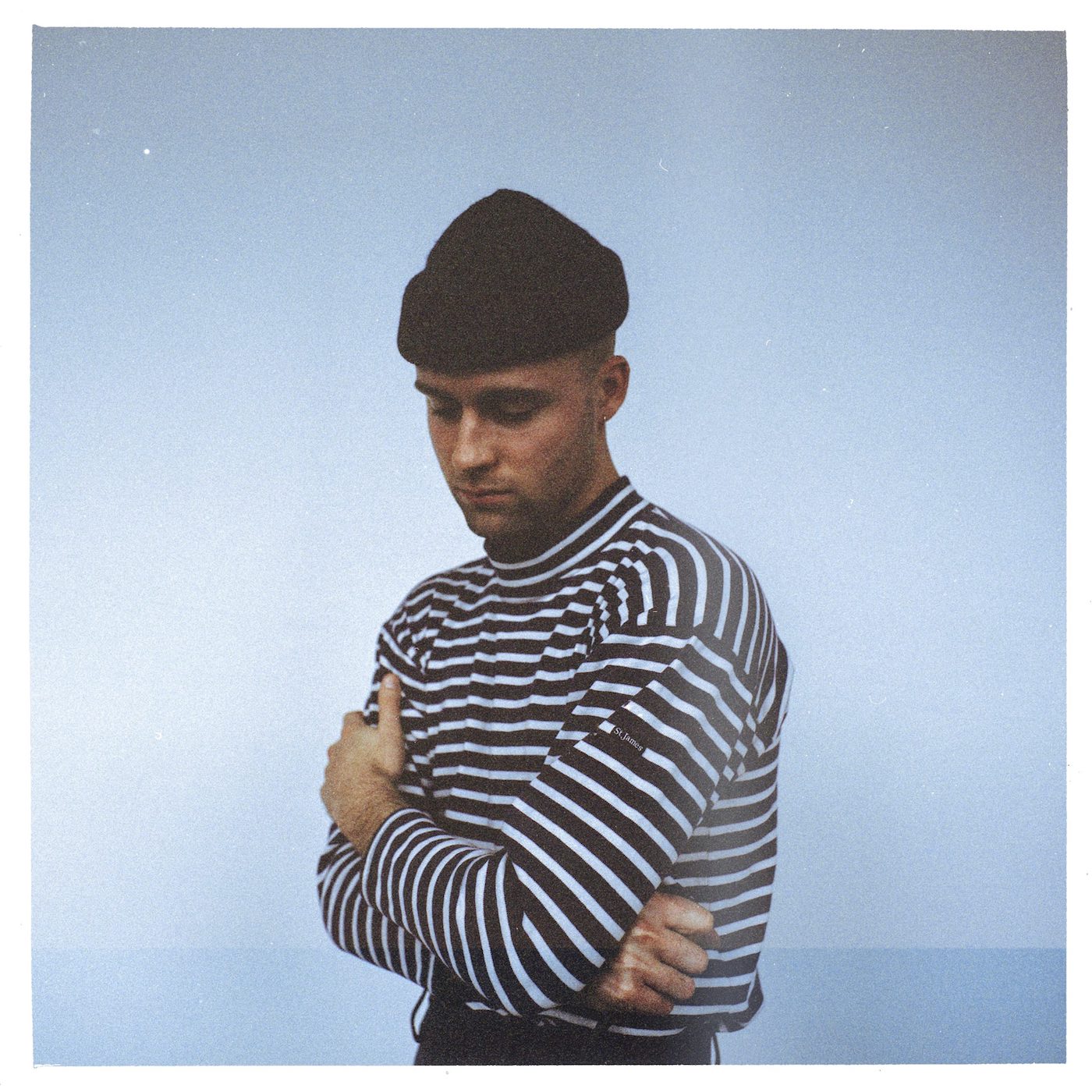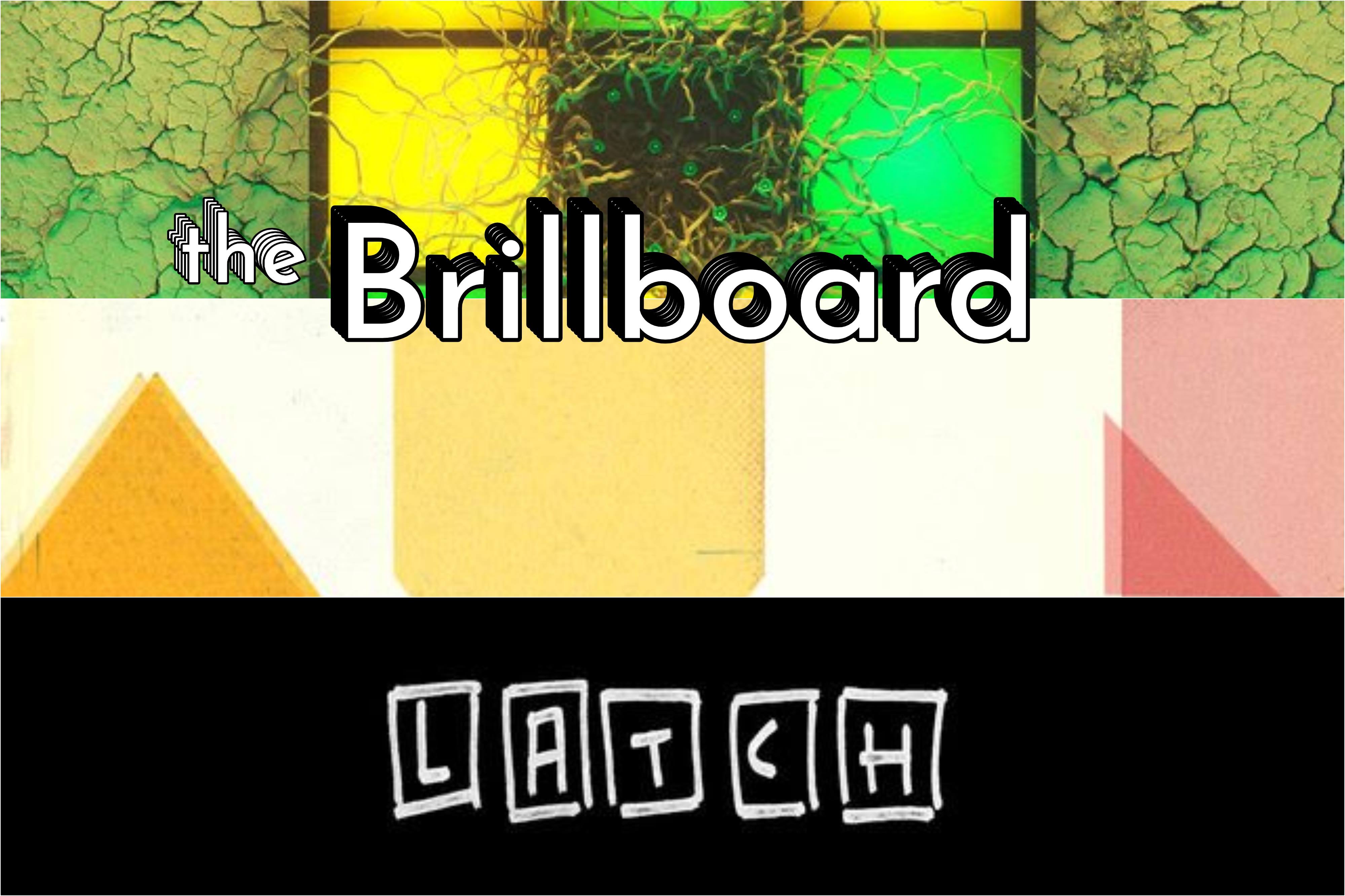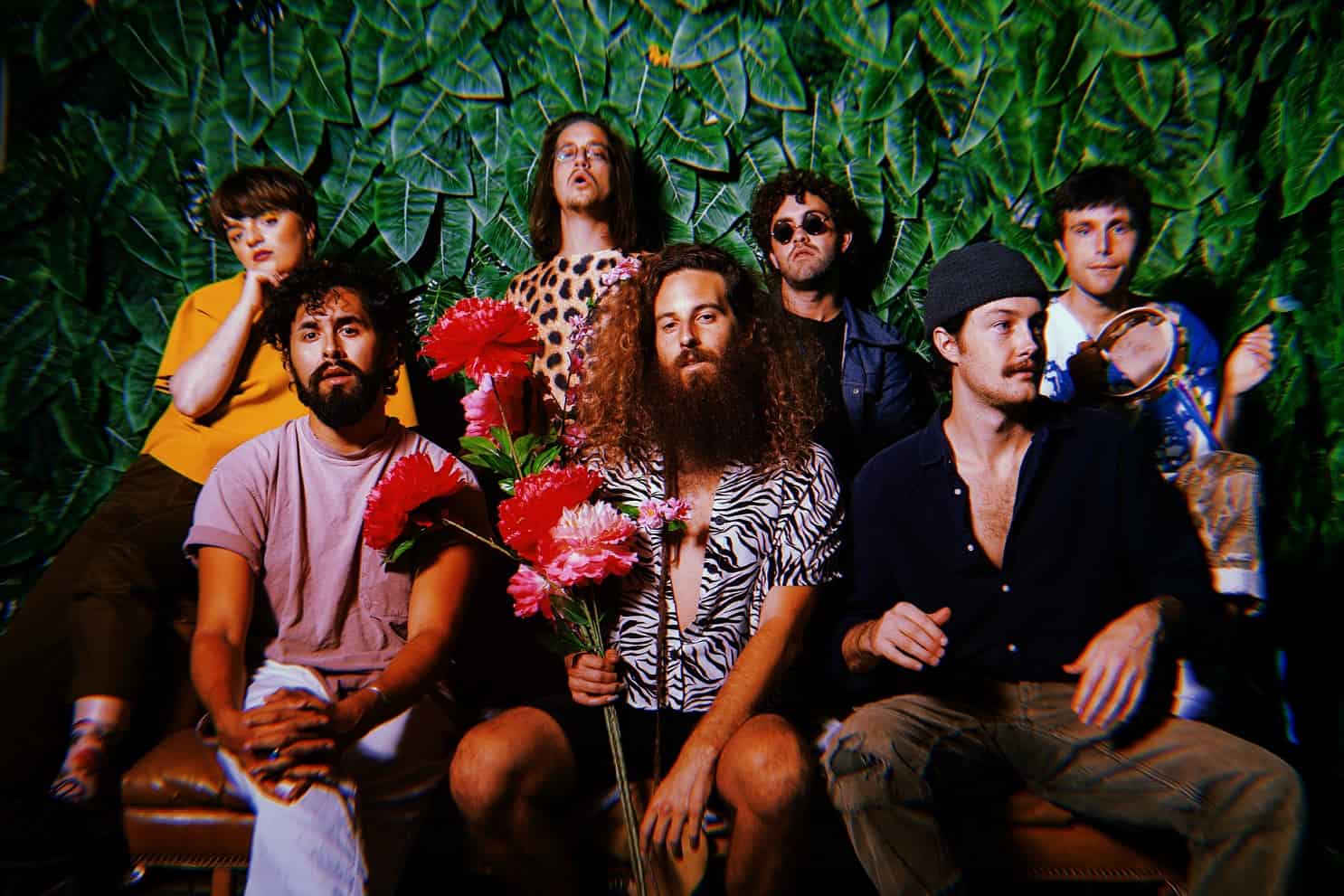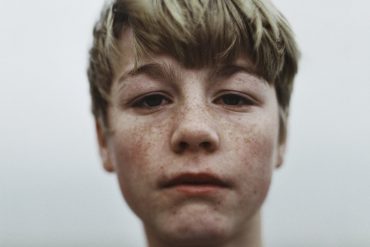Mitski’s fifth album ‘Be the Cowboy’ is nothing short of a masterpiece, but how did she get there? Did she come out of the woodwork, and spontaneously end up on top? As a matter of fact, she didn’t: ‘Be the Cowboy’ is a meticulous amalgamation of her knowledge and experience from the past seven years of making music. Mitski put in well over 10,000 hours to make her past four albums, and would not be the master she is without them. Before jumping head first into her world with ‘Be the Cowboy’, I urge you to grow with her by listening to where she started.
— —
If you’re like me, you had ignorantly assumed that Mitski Miyawaki – or “Mitski” – had first entered the music scene and garnered praise with her album, Puberty 2. You would then realize, like me, that Puberty 2 is in fact Mitski’s fourth studio album, and you had completely underestimated the artistry and talent of the 28-year-old phenomenon. With your discovery in tow, you would decide to go on a most honorable pilgrimage, and listen to her complete discography. For the next week of your life, you would become completely transfixed and fall head over heels down the rabbit hole, so to speak.
LUSH
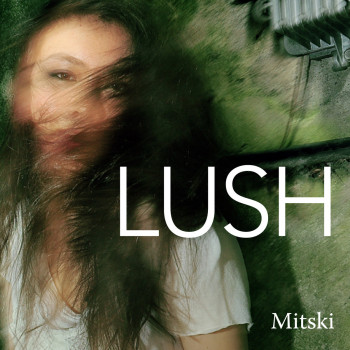
Music, as a medium, has an incredibly long and daunting history. To continuously find relevancy and solace in it is no small feat by any stretch. Yet Mitski does so with complete ease and transparency; her first album, 2012’s LUSH, while having a lot of tracks that blend together and sound very similar to one another, plays out like a beautiful stream of consciousness. In her song “Wife,” Mitski exemplifies her fantastical poeticism with lyrics like “I daydream I’d give him a name of my own For I, even my, even mine is unknown” and “So let me go towards the morning star, With hope it won’t disappear.” The entire song portrays a fantasy of being someone’s wife and mother, settling down into the societally constructed role of a woman – because without this ideology, what does she have? In a sense, being committed to herself will give her less solidity than the notion of intimacy and “bearing a son” that she’s been taught. Mitski released LUSH at the age of 22, and just how she is trying to find a sense of self, the album and its lyrics are trying to work in conjunction to find a sound.
Retired from Sad, New Career in Business
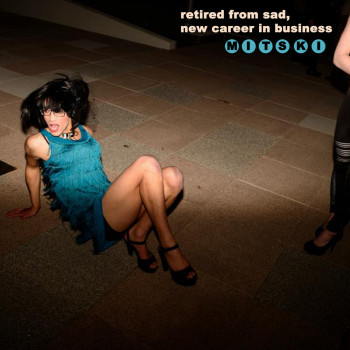
Mitski’s second album, Retired from Sad, New Career in Business (RFSNCB) was self-released only a year after LUSH, in 2013. RFSNCB, with its humorous title, without a doubt completely highlights Mitski’s writing growth in just one year, and also her impeccable composition. The album features tracks like “Shame,” a haunting ballad backlit with an almost choral opera that intensifies with each verse, as well as “Strawberry Blonde,” a fast paced, rhythmic song that feels like a lost Dar Williams record. If you’re still like me up to this point, you’re thoroughly convinced that this album in particular sounds like it could be in an off-Broadway musical. However, an unjustly underrated track on RFSNCB is “Circle.” “Circle” has an infusion of what feels like a massive organ looming over Mitski’s admission of guilt. The whole song has been interpreted in many ways: A survivor talking about the endowed shame of her sexual assault, a guilty woman recollecting cheating on her lover, etc. No matter the perception, “Circle” again reinstates Mitski’s complicated but heartfelt lyrical poeticism, sung with a deep intensity and predilection for remorse.
Bury Me at Makeout Creek

2014’s Bury Me at Makeout Creek, yours and my favorite Mitski record, doesn’t need any pleasantries; it’s a work of pure genius. Mitski has said that it’s an album specifically tailored to play at smaller venues, and you covet those who were fortunate enough to hear it so. Mitski proves with Bury Me at Makeout Creek that she is one of those incredibly rare artists who can show visceral change and emotional metamorphosis completely through her art. The tonal shift in “Texas Reznikoff” – from alluding to being with her lover in an idyllic, shrouded oasis, to exclaiming her lover’s actions and how being with them is what is integral, not the location – is a perfect example. “I’ve been anywhere It’s not what i want. I want to be here with you.” You are definitely like me if you have connected with everything up to this point. As someone who doesn’t like to have favorite books, films, and especially songs, you would confidently say “Last Words of a Shooting Star” is one of your favorite tracks of all time. The song relays classic Mitski metaphors like cleaning your room, and a connection to inanimate objects. More importantly, it creates a juxtaposition of incredibly distancing lyrics, with Mitski almost giving her own eulogy, and yet is one of her most innately accessible songs to date.
Puberty 2
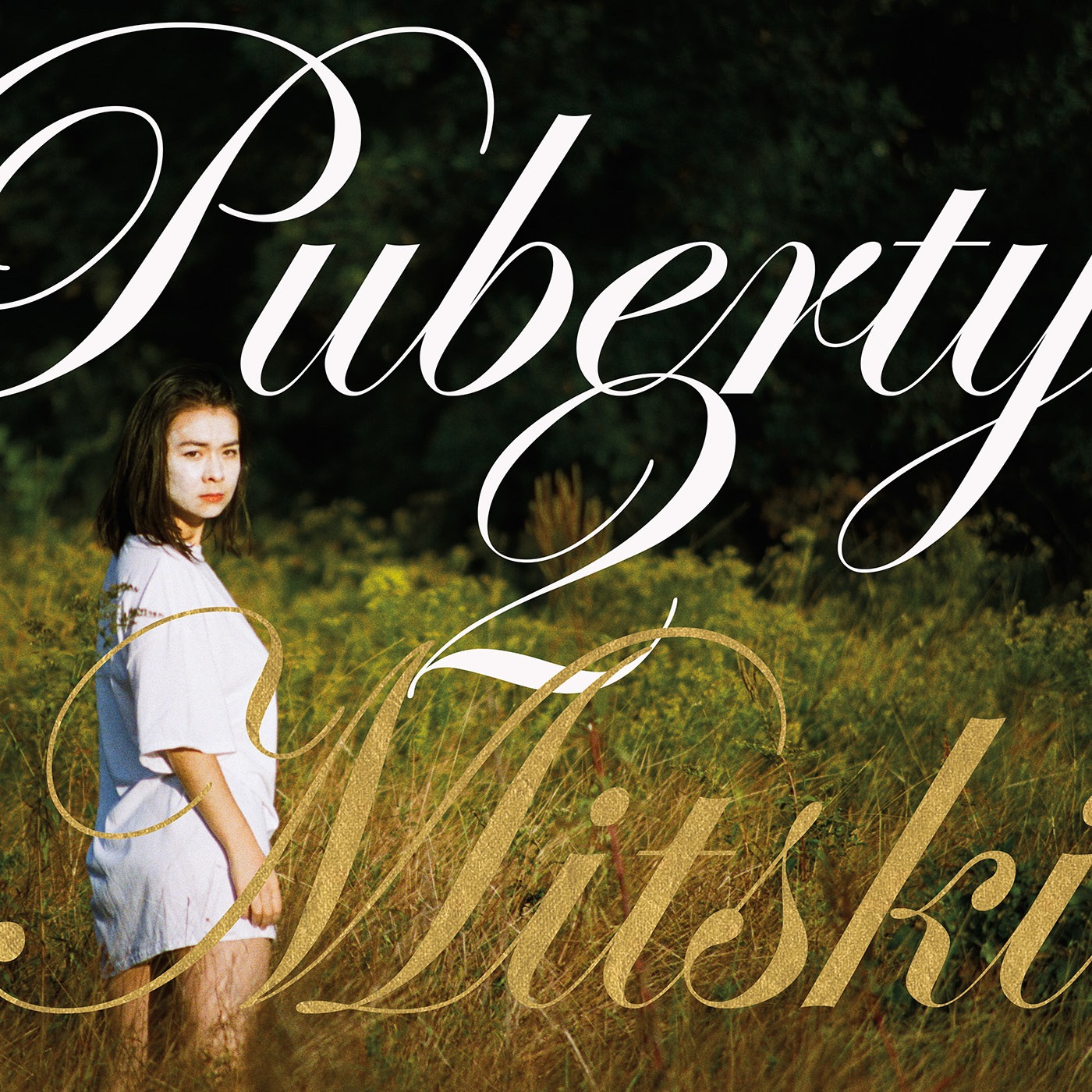
At this point, Mitski’s had self-released her first two albums as student projects, and her third was done through the Double Double Whammy record label. In 2016, two years after Bury Me at Makeout Creek was released, Mistki released her fourth studio album, Puberty 2. You’re going to have to admit that this was the hardest album to get into for some time, so you may as well do it now. While the album is full of memorable songs like “Crack Baby,” “Burning Hill,” and standalone singles like “Happy,” it always felt like an album on the precipice; as if the listener was only getting a taste of what’s to come after this album. “Fireworks” shows again what Mistki is capable of: Her composition features the familiar guitar with fresh pre-made beats alongside gravely, low vocals and a fast rhythm. You definitely love Puberty 2, but it just took a little longer than the others.
Be the Cowboy
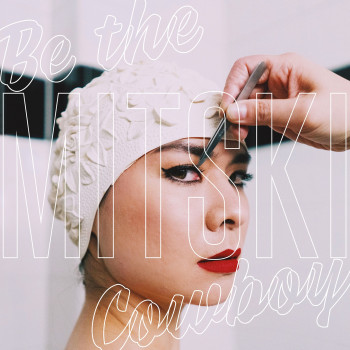
Mitski’s most recent release, 2018’s Be the Cowboy, is the album you were waiting for. Mitski harps back to the idea of the songs all blending into one another, establishing a non-linear, harmonious image of her idealized self. However, unlike LUSH, the permeation is intentional and allows for a calming effect. Mitski creates a portfolio of her strongest wordplay and allegorical lyrics on Be the Cowboy. From “A Horse Called Cold Air” to “Pink in the Night,” it is not completely clear whether these seemingly arbitrary events matter – and maybe they don’t – but no matter what, you feel something from it. No matter how deep into herself her lyrics get, or how expert the composition, Mitski always remembers that music is about eliciting an emotional response. The aforementioned tenant is one of the leading reasons she has found relevancy in an ever-changing industry for almost seven years. We all know you’re a sucker for a good ballad, and “Two Slow Dancers” is no exception. “Two Slow Dancers” is the last pre-released track off this album, and it comes packed with Mitski’s wonderful humor, harrowing metaphors, and complete honesty. The track talks about the harmfulness of retrospection: “It would be a hundred times easier, if we were young again. But as it is, and it is, we’re just two slow dancers, last one’s out.” In life, we have someone that we wish could go back with – if we could only do that differently, we could be happy together. However, as Mistki poignantly points out, we’re only getting older, and even with a million chances we will always grow up and become different people. “To think that we could stay the same. To think that we could stay the same.” Unfortunately, we will have to accept that – and until we do, we’re two people caught in a slow dance, not wanting to find the strength to let go.
In summation, Mitski is one of the most transitory artists, musicians, and people creating content today. We as spectators have had the opportunity to watch her grow and become a different iteration of herself, or the self she’s willing to reveal anyway. On LUSH, Mitski was a young woman trying to find the right way to talk about herself, and thus her music was young and raw with emotion. Retired from Sad, Future Career in Business is watching Mitski explore identities, trying to find belonging in any and all of them. However by the end having no such luck. Bury Me at Makeout Creek is the unapologetic, forthright mid-20s Mitski that doesn’t need anyone’s validation and acceptance and will gladly prove it. Puberty 2 is much like Retired from Sad, Future Career in Business in that this woman is now settling into maturity, and while she wants to progress into a more adult version of herself, she isn’t quite ready to let her rambunctious past go; hence the title Puberty 2. Finally, we lead into Be the Cowboy, a woman who takes her experiences with her and tries to articulate them, but doesn’t let them define her.
No matter your favorite iteration of Mitski, there is definitely one for everyone. As an audience, all we can do is be thankful for the willingness and openness this woman has allowed, and eagerly find more connection in the coming years of our and her lives. If you’re reading this last sentence and you have hung on my every word, we should seriously get coffee sometime – because I’m a little worried you’re me from a more successful timeline.
— —
:: purchase Be the Cowboy here ::
— — — —
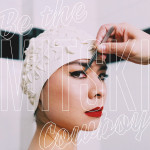
Connect to Mitski on
Facebook, Twitter, Instagram
Discover Mitski on Atwood Magazine
? © Bao Ngo

